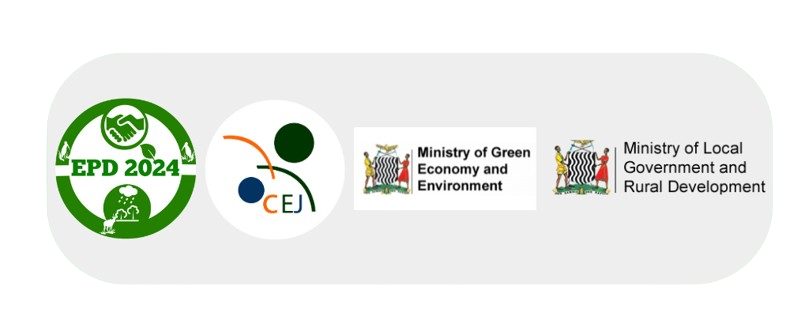Topic: Achieving environmental sustainability through corporate partnerships
Background
Collaboration is one of the keys to sustainability. In the pursuit of sustainable business practices, companies are increasingly recognizing the value of partnering with different stakeholders. Leaders from all sectors agree: solving environmental and social challenges requires cooperation, and no single organization can resolve these challenges alone.
Driven initially by regulatory control and fears of legal liability, many companies now recognize that proactive environmental management can also be good business, leading to more efficient, cost-effective, and profitable results. Businesses are constantly asked to do more to solve social and environmental problems.
In order to improve their business operations and financial well-being, many big brand companies are taking the sustainability challenge seriously and working to reduce their environmental impact while enhancing their reputations. In such circumstances, the best way for businesses to achieve environmental sustainability is to partner with entities like governments, local communities, investors, NGOs, and other companies. This panel will discuss the power of such partnerships in ensuring environmental sustainability. Panelists will explore ways of establishing or enhancing these partnerships in a mutually beneficial way. The discussion will also highlight related bottlenecks/barriers and consider how these can be overcome.
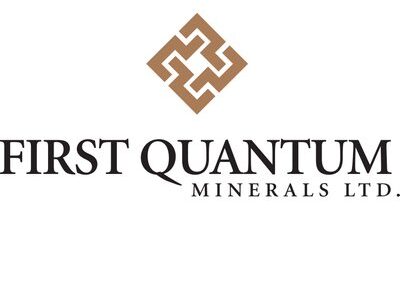
First Quantum Minerals Limited (FQML)
Website: https://first-quantum.com/
First Quantum Minerals is a Canadian-based mining and metals company whose principal activities include mineral exploration, development and mining. Its main product is copper, which accounts for 80% of revenues as of 2016. First Quantum Minerals Ltd. is a global mining company producing copper and nickel, as well as gold and cobalt. Our growing portfolio of operations and projects spans four continents and employs around 20,000 people.
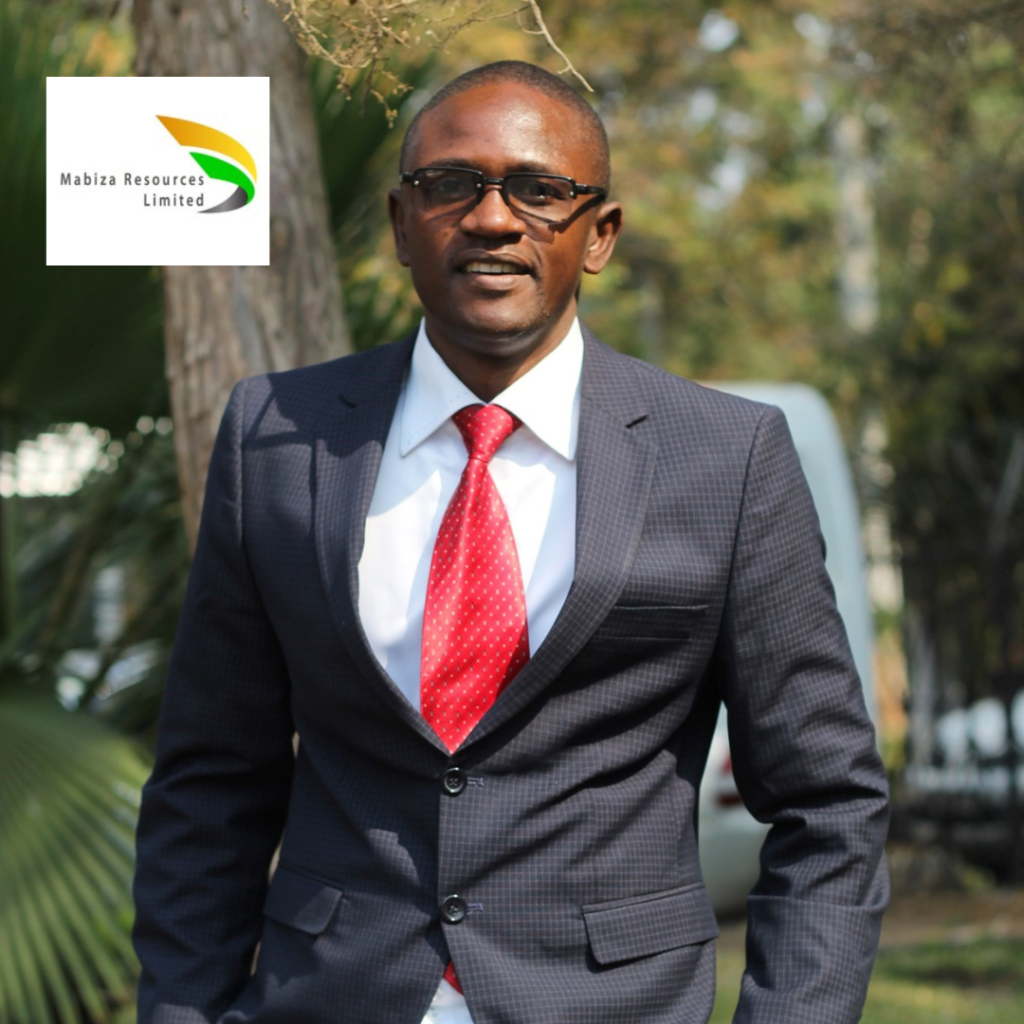
Lloyd Moomba
Website Link: https://www.mabiza.co.zm/
Lloyd Moomba is driven safety and ESG expert with over 15 years of experience in the mining industry, specializing in sustainability, health, safety, environment, social & governance (ESG), corporate social responsibility (CSR) and training. With a profound knowledge of legal and state occupational health and safety regulations and in-depth understanding of mining regulations, demonstrated expertise in conducting environmental assessments, defining risk-based exposure mitigation controls, building community relations, formulating social and environmental initiatives.
His strengths lies in communication, networking, and interpersonal skills, and he is effective both independently and within teams. He has excelled in setting up systems, managing projects and delivering quality results under pressure. Lloyd is extremely motivated to constantly develop his skills and grow professionally, and confident in his ability to produce interesting ideas for impactful strategies.
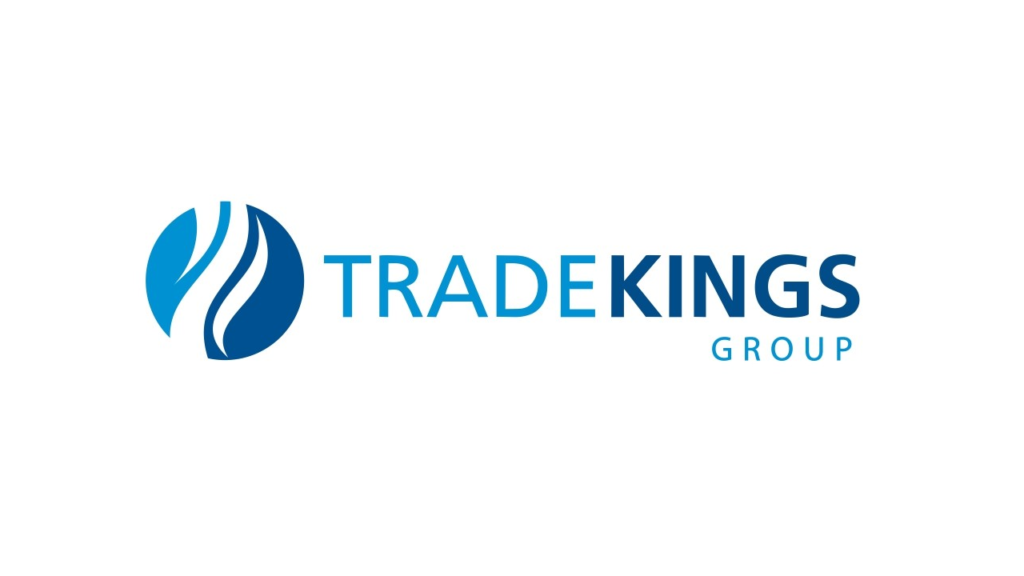
Trade Kings Group of Companies
Website: https://www.tradekings.co.zm/
Trade Kings Group is a wholly Zambian owned business, specialising in the creation and manufacture of innovative laundry and cleaning products, delicious sweets, confectionary, snacks, biscuits and reinventing both traditional and exciting new beverages.
For 25 years, Trade Kings Group has been creating innovative laundry and cleaning products, delicious sweets, confectionary, snacks, biscuits and reinventing both traditional and exciting new beverages. With Mr. Patel, our founder and group CEO, at the helm his values, vision and resolve have had a profound influence on the business and remains a source of inspiration for the Trade Kings Group, we know and love today.

Coca-Cola
We are the eighth largest Coca-Cola bottling partner worldwide by revenue and the biggest on the continent, accounting for about 40% of all Coca-Cola volumes sold in Africa. We employ more than 18,000 people and our 40 bottling plants service over 720,000 customer outlets.
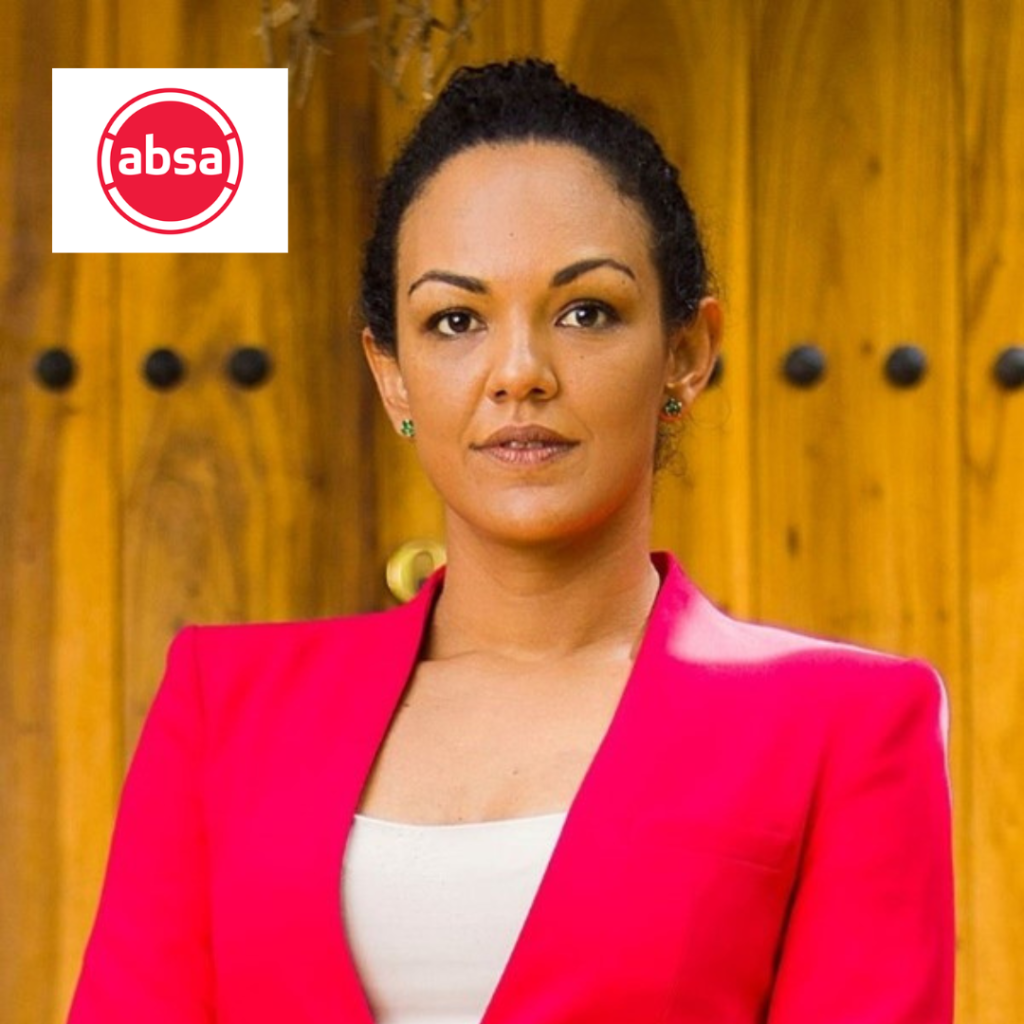
Sarah Lloyd
Website: https://www.absa.co.zm/
Sarah Lloyd is a highly accomplished professional in the fields of risk management, banking and finance. Currently serving as the Chief Risk Officer for Absa Bank Zambia, she brings a wealth of knowledge and expertise to her role. Prior to joining Absa Bank Zambia, Sarah held a similar position in Seychelles, showcasing her ability to navigate complex risk landscapes in different markets.
With extensive experience in regulatory affairs, economics and regional development, Sarah has established herself as a respected figure in her field. Her career spans over 14 years, during which she has consistently demonstrated a deep understanding of financial risk and its implications for organizations.
Sarah’s educational background has played a crucial role in shaping her expertise. She holds a Bachelor of Science degree in Banking and International Finance from Bayes Business School and a Master of Science in Financial Economics from City University. In addition, Sarah holds various diplomas and certificates in financial planning and projecting, sustainability, advanced management and macro-modelling from educational bodies as such the IMF Institute, IMD and the ECB.
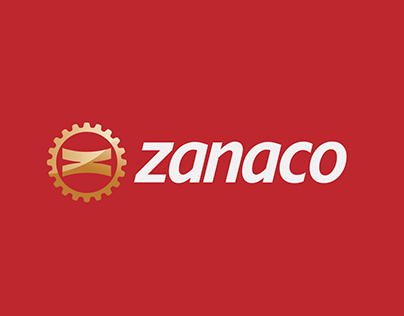
ZANACO Bank Plc.
Website: https://www.zanaco.co.zm/
Zambia National Commercial Bank, commonly known as Zanaco, listed on the Lusaka Securities Exchange, serves retail customers, large corporations, agri-business and public sector clients. The bank has evolved into a leading financial institution in Zambia. With the aid of Arise B.V., a leading African Investment Company, Zanaco benefits from technical assistance, international networks and best practices in various areas of banking

Moderator: Centre for Environment Justice (CEJ)
Website: https://cejzambia.org/
Centre for Environment Justice (CEJ) is an outstanding institution with its own unique identity and a proud distinct history in Zambia. CEJ is a non-governmental organization established in 2010 whose mandate is to create platforms and processes that promote environmental justice for most vulnerable people in society. Anchored on this mandate, CEJ fosters access to quality and accurate information on environmental protection, extractive industries, sustainable energy, climate change, water security and agriculture with the ultimate aim of enhancing accountability for better decision making and sustainable development as well as a support safe and adaptive environment as basic fundamental human rights to having a better and prosperous livelihood.
